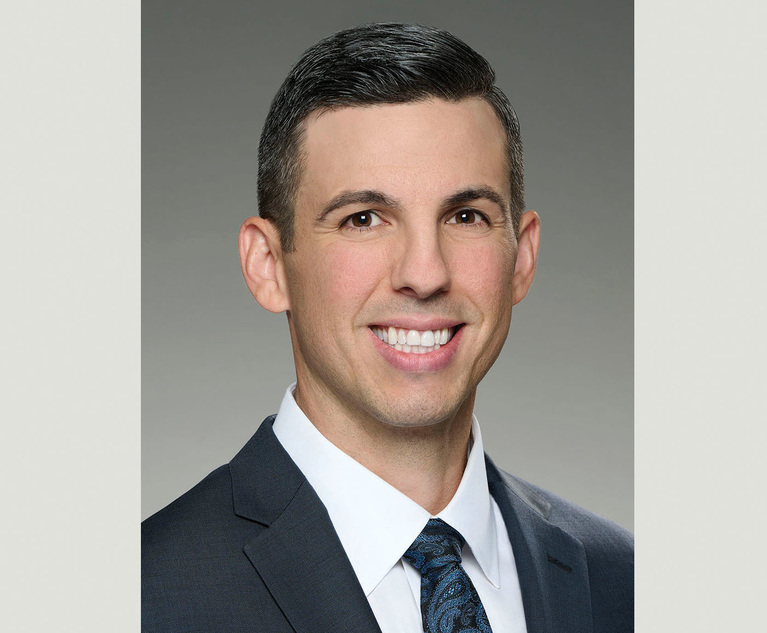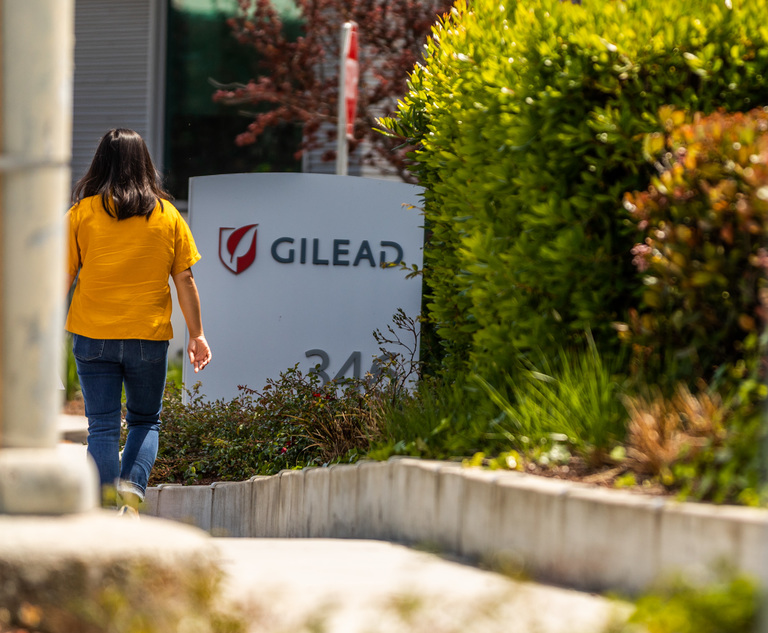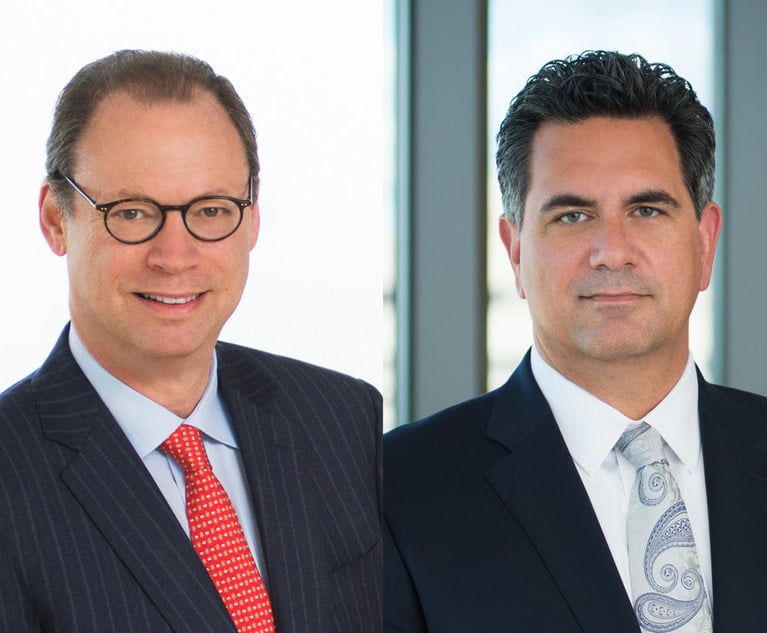In Official Committee of Unsecured Creditors v. Constellation Enterprises (In re Constellation Enterprises), 2018 U.S. Dist. LEXIS 47153 (D. Del. Mar. 22, 2018), Judge Richard Andrews held that a creditors’ committee automatically dissolved when a Chapter 11 case was converted to a Chapter 7 case and as a result it lacked the capacity or authority to pursue appeals that had been filed from orders of the bankruptcy court, including the order converting the case. Since there was no co-appellant to prosecute the appeals, the appeals had to be dismissed.
The debtors filed for relief under Chapter 11 in May 2016. Following a court-approved sale of substantially all of their assets, the debtors and the Official Committee of Unsecured Creditors filed a motion seeking approval of a settlement among the debtors, the committee, the purchaser and an ad hoc noteholders group. The proposed settlement was a structured transaction whereby the debtors transferred assets to their secured creditor in an asset sale, and in turn, the secured creditor would transfer those assets to a settlement trust for distribution to unsecured creditors while skipping creditors of higher priority. While the motion was pending, the Supreme Court decided Czyzewski v. Jevic Holding, 137 S.Ct. 973 (2017), holding that a bankruptcy court cannot approve end-of-case distributions that do not follow ordinary priority rules without the affected creditors’ consent. As a result of the Jevic decision, the bankruptcy court rejected the settlement, and the committee appealed the settlement denial order to the district court. Neither the debtors, any individual creditor nor any other party in interest joined in the appeal.


 Barry M. Klayman and Mark E. Felger
Barry M. Klayman and Mark E. Felger




